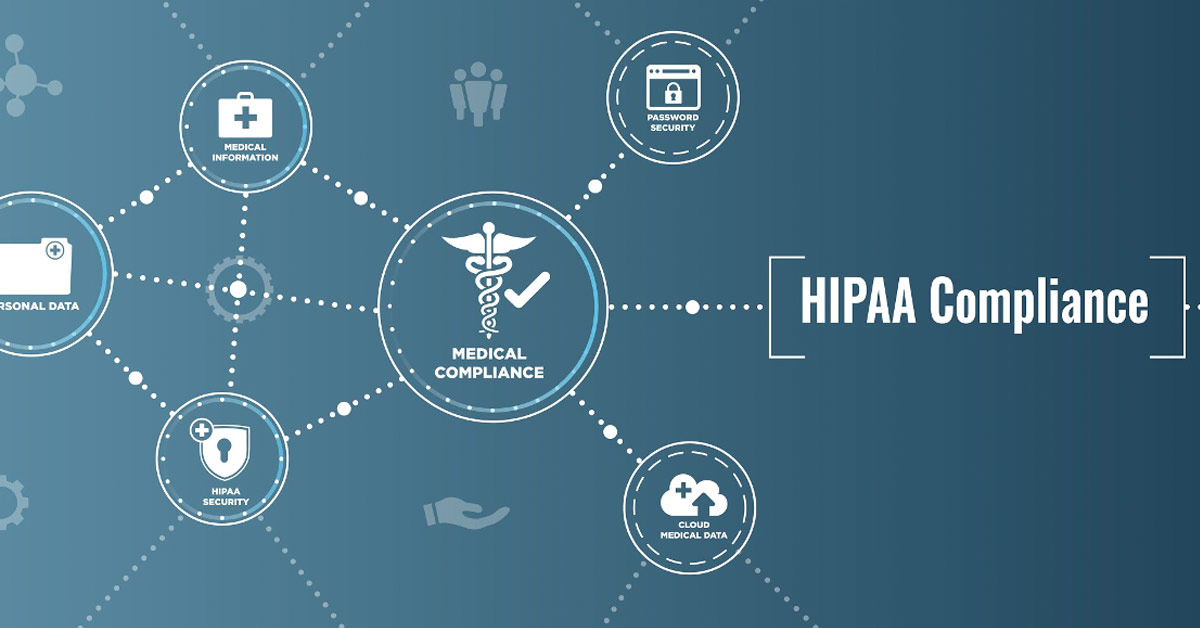HIPAA compliance is crucial for healthcare providers. This law gives individuals with increased security and privacy as well as giving patients greater control. As technology advances at a rapid rate, it is important to make sure that any new system adopted is compliant with HIPAA rules.

HIPAA compliance is a complex process for organizations that are still trying understand the law and its consequences. HIPAA compliance is required by all health organizations as well as individuals working within the insurance sector. To ensure compliance, it is essential to study the rules and make sure that the procedures are implemented. It’s difficult to comply with the law but it’s crucial. It will ensure greater service and security of information privacy and could result in penalties not being incurred. By understanding the scope of HIPAA covers and undertaking the necessary steps, organizations can make sure they’re taking all correct measures required under its rules.
HIPAA regulations can be extremely strict. However, the right security and privacy practices are intended to protect the most precious of belongings: information. The healthcare industry is increasingly moving towards digital mediums like Electronic Medical Records (EMR) and more safeguards have been required to prevent any unintentional or unlawful release of patient’s personal information. Although guidelines have been put forth, compliance with these rules is monitored and enforced in order for individuals to remain secure. In this regard, HIPAA remains vigilant of these matters to improve the security and security.
HIPAA is a great security feature for both those working in the medical field and patients whose information is stored. It provides covered entities (CEs) and business associates (BAs) the ability to decide if they should utilize an addressable implementation specification. The decision is determined by a number of aspects, such as the risk assessment, mitigation strategy , and security measures. It is also contingent on the cost of implementation. In making this choice, CEs and BAs can factor in alternatives that meet the objective or skip the procedure completely if they believe they feel it is appropriate given their conditions. HIPAA encourages them in making informed decisions regarding data security and protection. They also need to find a balance between technological safeguards and the control of users.
Companies can reap the benefits by achieving HIPAA compliance. Being in compliance with regulations set out under the Health Insurance Portability and Accountability Act, (HIPAA), will help companies safeguard their patients’, clients’, and customers’ health information. It ensures that the information is kept private and secure. Compliance ensures that the health information of individuals is not made available for personal use or for the benefit of their health care providers. HIPAA compliance provides individuals with the power to make informed decisions about the way their personal medical information is used and managed. Additionally, it allows them to be confident that their data is not accessible or modified by any other entity without their permission. HIPAA compliance lowers the reputational risk of organizations and helps them avoid legal or financial consequences if they mishandle patient data. HIPAA compliance can ensure that patients receive a pleasant experience as well as better protection of their private medical records.
These are just a handful of the many considerations you should take into consideration when implementing HIPAA. It is important to understand the law in order to can adhere to it. Also, you should consult an expert who can help you interpret it and implement the systems and processes. Although it isn’t easy to ensure the compliance of your staff, it is essential for the protection of the rights of your patient as well being a way to ensure confidentiality.
For more information, click hipaa requirements include